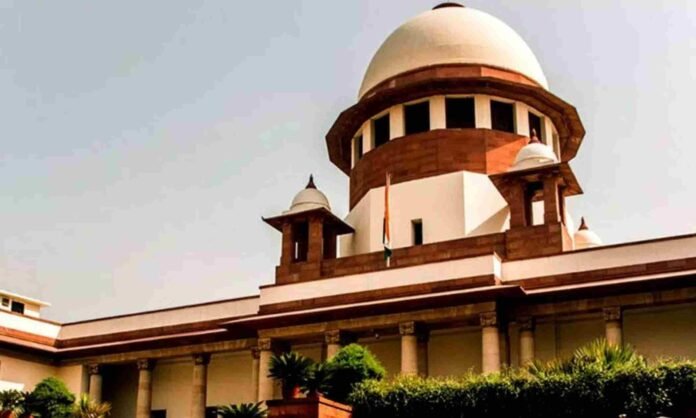The Supreme Court has held that the selling dealer is responsible to pay tax not the buyer.
The bench of Justice Manoj Misra and Justice Nongmeikapam Kotiswar Singh has observed that selling dealer has failed to deposit the tax collected by him from the purchasing dealer, the remedy for the Department would be to proceed against the defaulting selling dealer to recover such tax and not deny the purchasing dealer the ITC. Where, however, the Department is able to come across material to show that the purchasing dealer and the selling dealer acted in collusion then the Department can proceed under Section 40A of the DVAT Act.
The short issue that arose for consideration before the Delhi High Court was whether the benefit of Input Tax Credit (ITC) is available to the registered purchaser dealers who paid taxes to registered seller dealer(s) in terms of invoice(s) raised by them even though those seller dealers did not deposit the collected tax with the Government.
On the date of transaction, the seller dealer(s) were registered with the Department. However, After the transaction, the registration of those seller dealer(s) was cancelled, and they defaulted in depositing the tax collected by them from the purchaser dealer(s). The High Court vide impugned judgment and order(s) found respondent(s) bona fide purchaser dealer(s) who had paid taxes in good faith to registered seller dealer(s) and, therefore, entitled to the benefit of ITC and, accordingly, allowed the benefit to them after due verification of invoices.
Section 9(1) of DVAT Act permits ITC to a registered dealer in respect of turnover of purchases occurring during the tax period where the purchase arises in the course of his activities as a dealer and the goods are to be used by him directly or indirectly for the purpose of making sales which are liable to tax under Section 7 of the DVAT Act. Sub-
section (2) of Section 9 sets out the conditions under which such ITC would not be allowed. Clause (g) of sub-section (2) of Section 9 made ITC benefit available to a purchasing dealer only when the tax paid by the purchasing dealer has actually been deposited by the selling dealer with the Government or has been lawfully adjusted against output tax liability and correctly reflected in the return filed for the respective tax period. Reading down clause (g) of sub-section (2) of Section 9.
The court while dismissing the appeal held that there is no dispute regarding the selling dealer being registered on the date of transaction and neither the transactions nor invoices in questions have been doubted, based on any inquiry into their veracity, there good reason to interfere with the order of the High Court directing for grant of ITC benefit after due verification. The appeals lack merit and are, accordingly, dismissed.
Case Details
Case Title: The Commissioner Trade And Tax Delhi Versus Hanti Kiran India
Case No.: CIVIL APPEAL NO(S).2042-2047/2015
Date: October 9, 2025
Read More: Smuggling | Mumbai Customs Seizes Rs. 44 Crore NDPS and Exotic Wildlife

